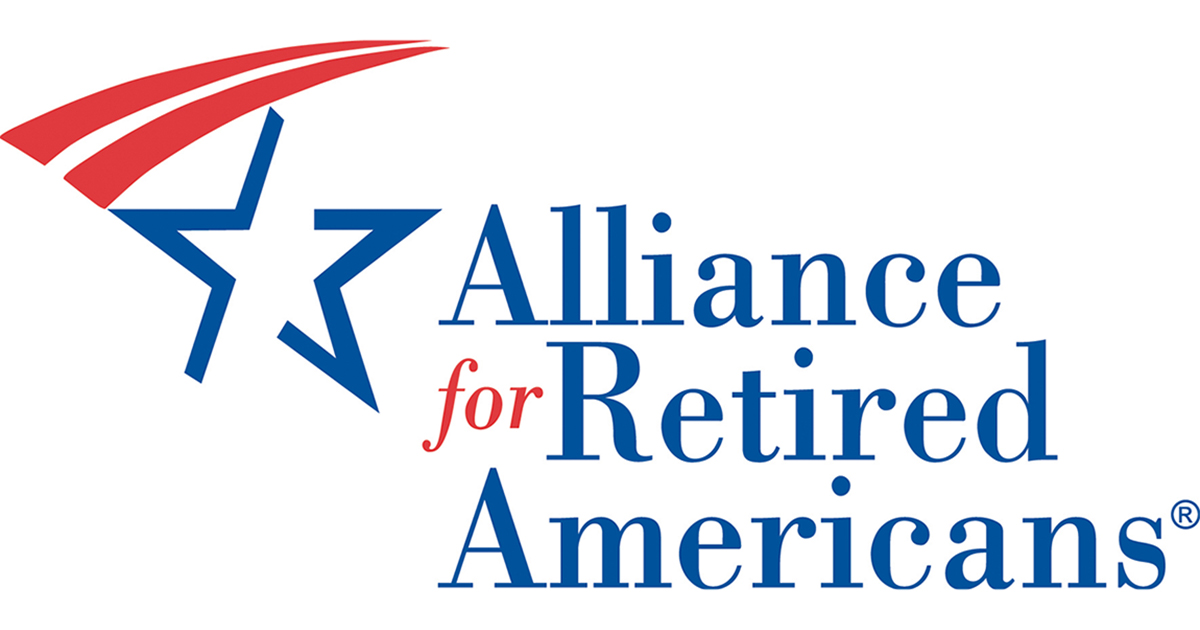March 29, 2007
Resolution Housing and Services for Older Americans
Adopted September 6, 2002
Amended March 29, 2007
Whereas the bi-partisan Commission on Affordable Housing and Health Facility Needs for Seniors in the 21st Century has determined that there is “A Quiet Crisis in America.” A minority of six of the 13 members declared that “there is a crisis in housing and services for low income seniors now. Attempts to meet a crisis anticipated for 2020 must begin to fill the huge gaps that exist today;” and
Whereas the Commission’s minority members also stated that “there is now a critical shortage of decent, safe, sanitary housing for seniors that is affordable to them and in which they can receive the services and health care that are essential to making possible a decent and healthy old age;” and
Whereas more than seven million older households are having difficulty paying for housing or are living in physically substandard dwellings. By 2030, that number is projected to rise to 11.3 million; and
Whereas many urban areas are undergoing substantial revitalization resulting in rents that are unaffordable for older Americans. In addition, many rural older households are experiencing a deterioration in housing quality; and
Whereas funding for the federal Section 202 elderly housing program has sharply declined during the past decade and in recent years has permitted construction of a pitiful 5,200 dwellings, only .003 percent of the minimum 1.5 million units ill-housed seniors desperately need; and
Whereas the very first recommendation of the minority members of the Commission is: “Congress should increase the supply of subsidized elderly housing units with supportive services to at least 60,000 units per year” including not only the Section 202 program of non-profit elderly housing but also other federal housing programs including low rent public housing; and
Whereas the Section 8 voucher program serves 1.6 million low income households, a large proportion of them elderly, but lack of adequate funding as well as disincentives for private owners to accept voucher-holding tenants have drastically restricted the supply of such housing and displaced many occupants from affordable housing; and
Whereas all necessary steps must be taken not just to construct new non-profit and public housing but also to preserve and, where necessary, modify existing buildings for seniors in order to meet their needs; and
Whereas the HUD Service Coordinator Program has provided funds since 1990 to owners of federally assisted senior housing projects to hire service coordinators to assist frail residents in obtaining supportive services in the community. These services are intended to help seniors live independently and to prevent premature and inappropriate institutionalization; and
Whereas despite the critical role of this program, federal funding is very limited, uncertain, and in recent years primarily available only when current contracts are extended; and
Whereas in the 2006 reauthorization of the Older Americans Act, Congress established a federal interagency committee for coordination of aging services programs, including housing; and
Whereas state and local governments have a range of funds, governances, and other resources that can be used to develop, rehabilitate and preserve affordable housing for older persons, as well as for infrastructure and related services.
Therefore, be it resolved:
- That the Alliance for Retired Americans strongly supports the recommendation of the minority members of the Elderly Housing Commission for annual construction of at least 60,000 units with appropriate supportive services. Therefore, we call upon the President and the Congress to provide funding for at least that level which will make possible a full range of non-profit housing options for the elderly including independent living, assisted living, and nursing home and hospice care; and
- That in addition to greatly expanded housing options, all necessary services should be funded and provided to meet the varied needs of elderly households at different stages of their lives; also funding for service coordinators and congregate services should be substantially increased; and
- That the new federal interagency committee for coordination of aging services programs appoint an executive director; the committee should also meet regularly to coordinate and maximize program efficiency and to review the availability and impact of housing and other services for older Americans; and
- The Alliance supports the recommendation of the Elderly Housing Commission to strengthen and enforce the requirement that owners of housing produced with federal assistance must accept households with Section 8 vouchers and not raise rents to the market levels. We also call for substantial additional funding for the Section 8 program in order to help meet the urgent need of low-income families for affordable housing; and
- That the President and the Congress give full consideration to potential new sources of funding for non-profit housing and services for the elderly. These would include the national housing trust fund, which would use funds in the Federal Housing Administration and the Government National Mortgage Association, possibly supplemented by funds from state housing finance agencies; and
- The Alliance urges development of long-term strategies to ensure adequate federal, state and local resources are directed to building, preserving and renovating housing for older Americans.


